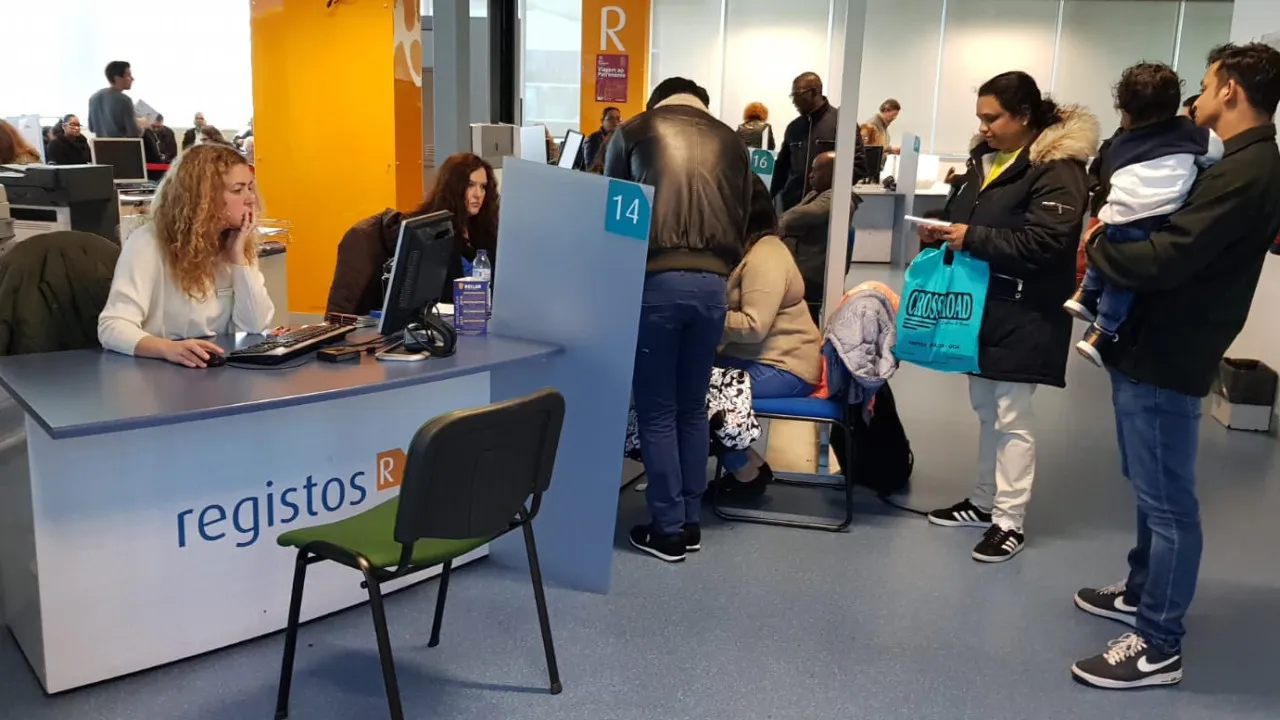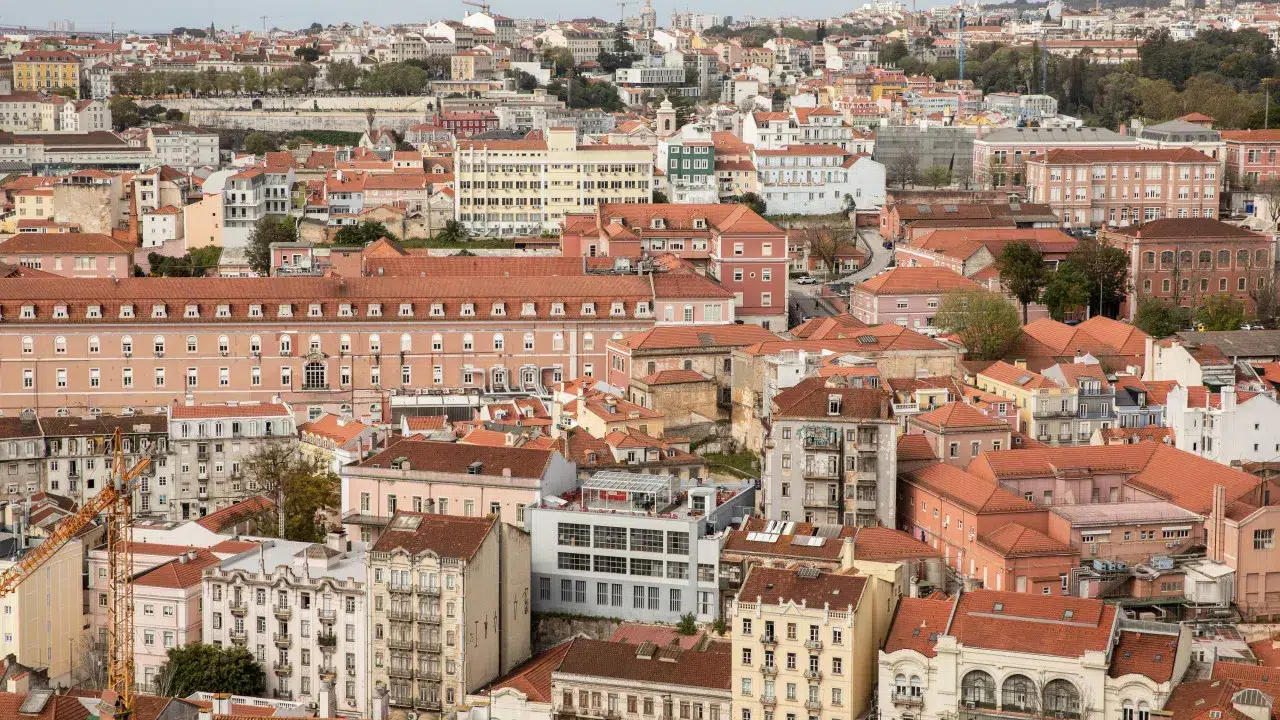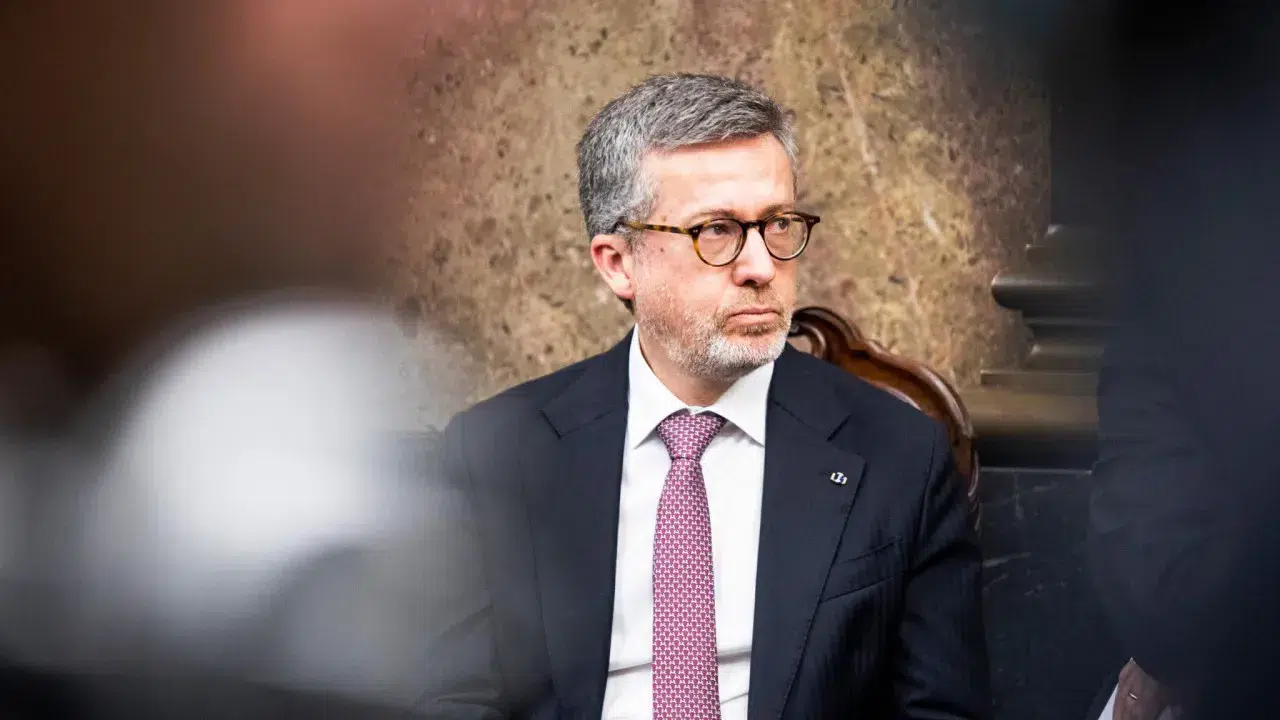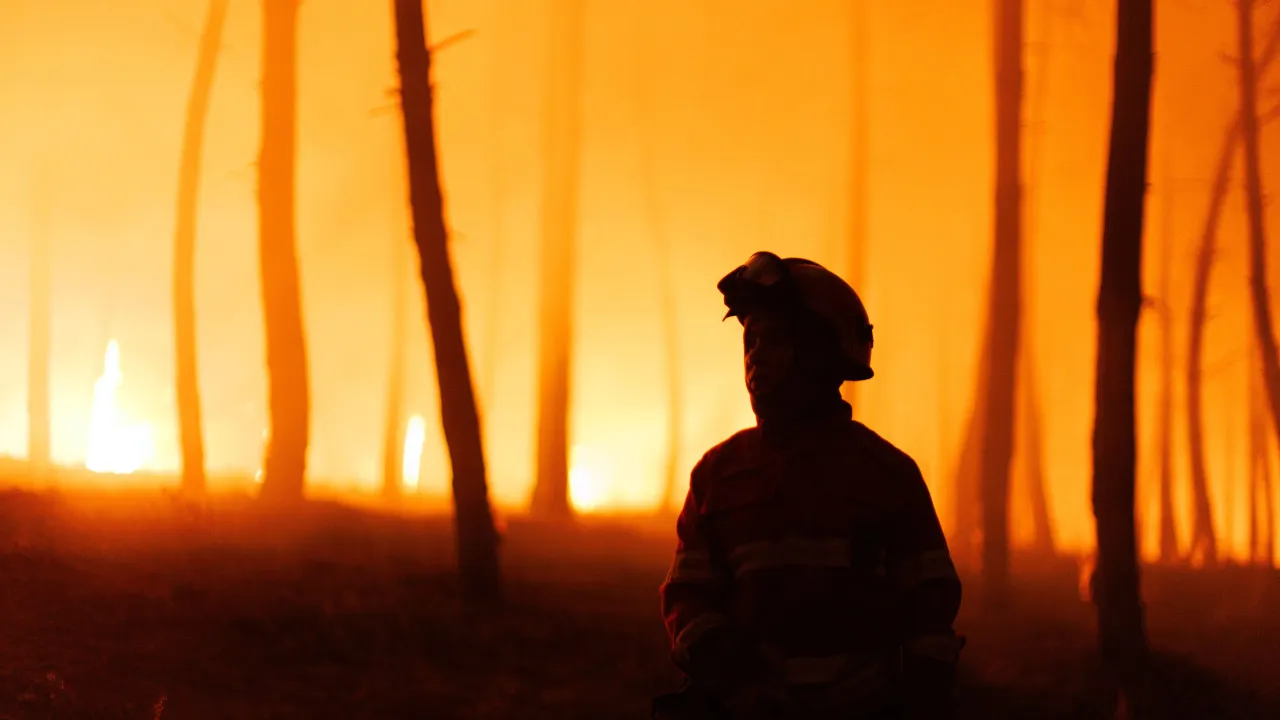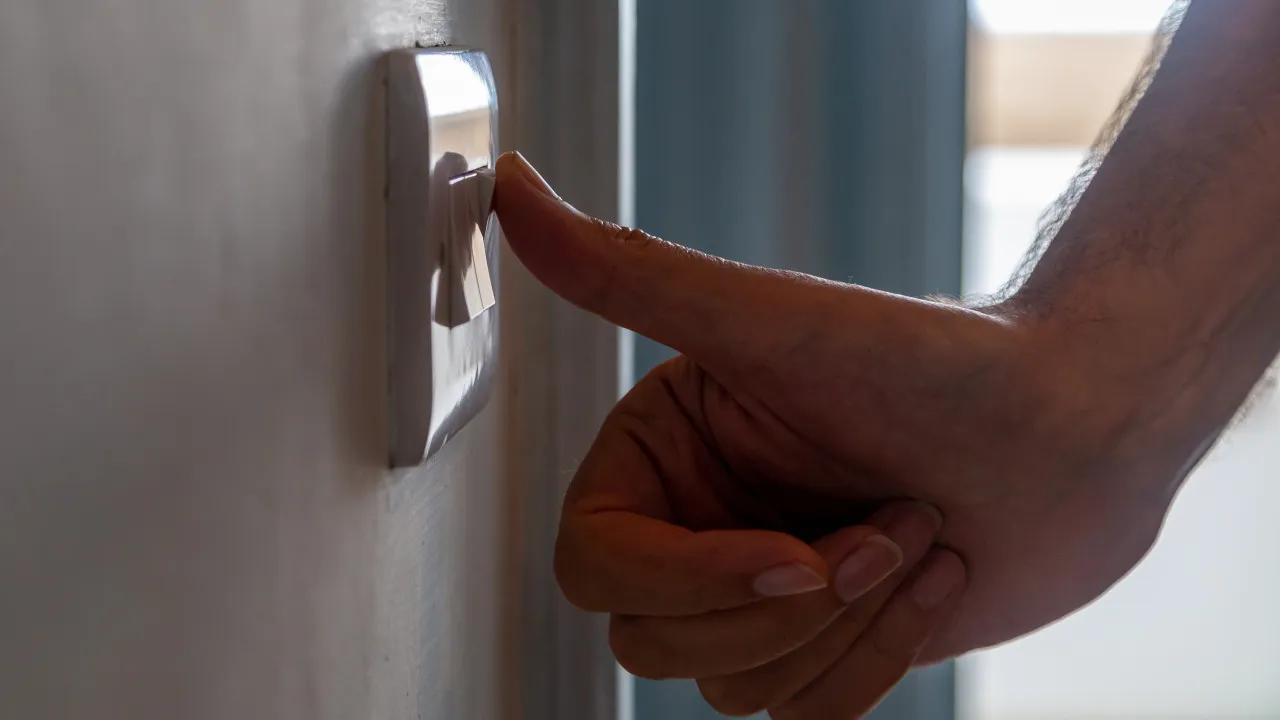
Those seeking support to replace gas stoves, ovens, and water heaters with energy-efficient electric devices can apply starting September 30, announced the Minister of Environment and Energy today.
Maria da Graça Carvalho introduced the E-Lar and Bairros + Sustentáveis programs, aimed at combating energy poverty, with a total budget of 100 million euros—40 million for E-lar and 60 million for Bairros mais Sustentáveis.
In a statement, the association acknowledges the importance of both initiatives but warns of “weaknesses and gaps” that undermine their breadth and actual impact.
Regarding E-Lar, the announced support for replacing gas equipment with more efficient electric alternatives is positive but lacks “integration into a structural vision of national public policies” and has limited reach, it states.
“There is also concern about the recent increase in VAT on the equipment, which rose from 6% to 23%, significantly raising the final cost for consumers and consequently undermining the real impact of the announced support and the national energy efficiency targets,” Zero notes in the statement.
On the Bairros + Sustentáveis program, the association acknowledges the value to vulnerable communities and degraded urban areas. However, it finds worrying the “absence of a truly integrated national action and the compartmentalization of structural solutions,” such as access to support for purchasing heat pumps, “reserved exclusively in this program to a restricted group of beneficiaries.”
Zero maintains in the statement that it is essential to focus on diversifying funding sources to allow the population access to comprehensive solutions for energy renovation of homes, a crucial condition to effectively combat energy poverty.
The overall budget of 100 million euros is deemed “clearly insufficient” given the size of the challenge, says Zero, citing a study it commissioned which indicates the need for an investment of around 120 billion euros, which includes not only the replacement of equipment but also structural interventions like thermal insulation, window renovation, and improving the passive efficiency of buildings.
The association also emphasizes the importance of effective communication so vulnerable families are aware of the available support and conditions for benefiting from it.
It urges the government to increase investment and expand the initiatives’ reach.

